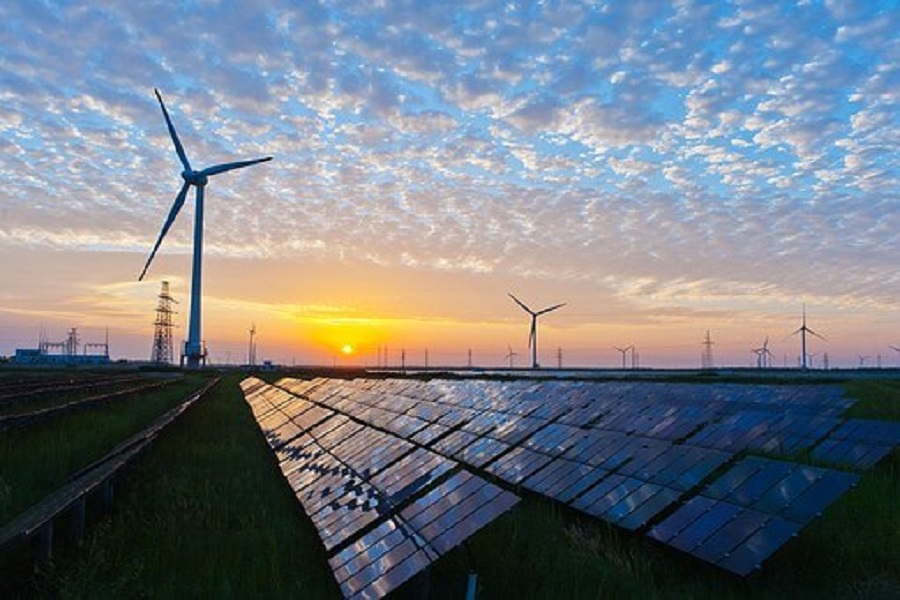RIO DE JANEIRO, BRAZIL – In an extraordinary auction convened to grant emergency licenses for electricity generation from wind, solar, thermal and biomass sources, ANEEL selected 17 proposals with a combined installed capacity of 1,221 megawatts of power that can generate an average of 775.5 megawatts.
The contracts provide for the construction of 14 natural gas-fired thermal power plants, 2 solar farms and 1 biomass-fired thermal plant (wood waste) in 8 of Brazil’s 27 states, including São Paulo and Rio de Janeiro.

The natural gas-fired plants, a less polluting and more economical source than coal, will be responsible for some 99% of the energy contracted and will be located in the states of Rio de Janeiro (6), Espírito Santo (3), Mato Grosso do Sul (2), Paraná (1), São Paulo (1) and Santa Catarina (1).
The new projects will entail R$5.2 billion (US$928.6 million) in investments through 2025.
The tender seeks to supply part of the energy that Brazil will need from 2022 given the current water crisis in the country, the worst in the past 90 years, which has reduced the water level of the dams that feed Brazil’s main hydroelectric plants to historic lows.
Faced with the expected reduction in hydroelectric power generation, responsible for 65% of the energy produced in the country, ANEEL decided to contract emergency projects with other sources.
“The contracts will contribute to strengthen the system and will enable recovering the levels of hydroelectric dams, at lower prices than those currently practiced by those same sources,” explained the Ministry of Mines and Energy in a communiqué.
The average tariffs proposed by the winning bidders were 1.2% below the maximum stipulated by the regulator.
According to the Ministry, the average tariff of the contracted thermal plants stands at approximately R$685 per megawatt hour, equivalent to 1/3 of the tariff charged by the thermal plants authorized to operate in the current emergency situation to address the water crisis.
The company awarded the most contracts was Evolution Power Partner (EPP), which will be responsible for 43% of the energy generated and whose director Rafael Rangel explained that the gas-fired generators proposed are much smaller compared to others built to compete in long-term contract auctions, so they can be assembled and put into operation more rapidly.

